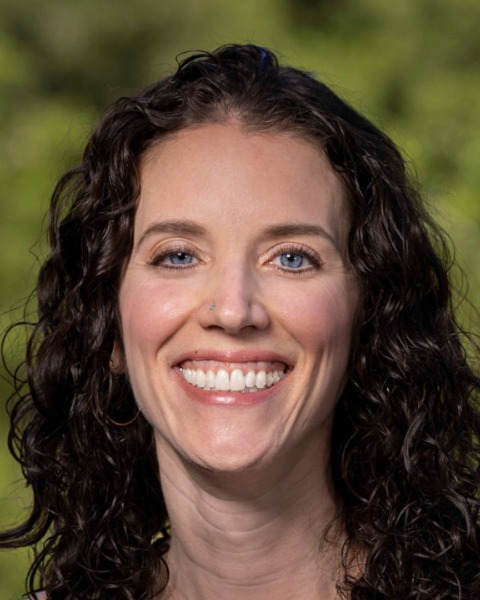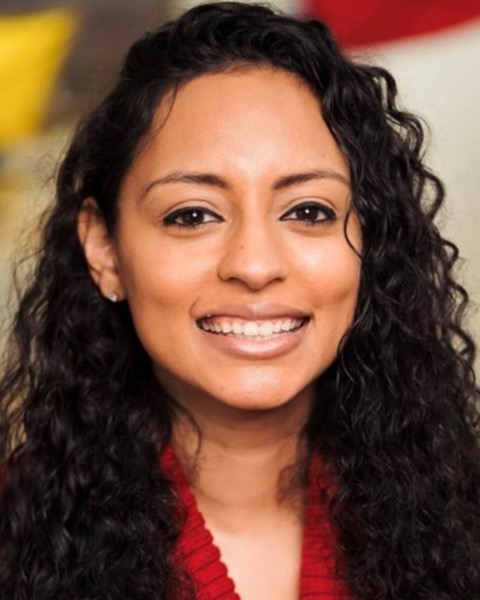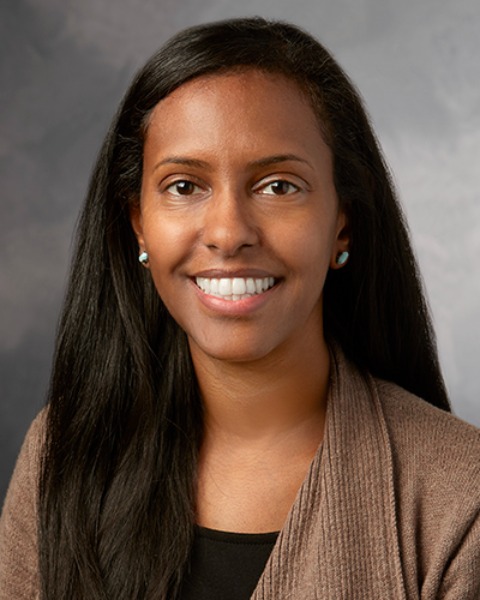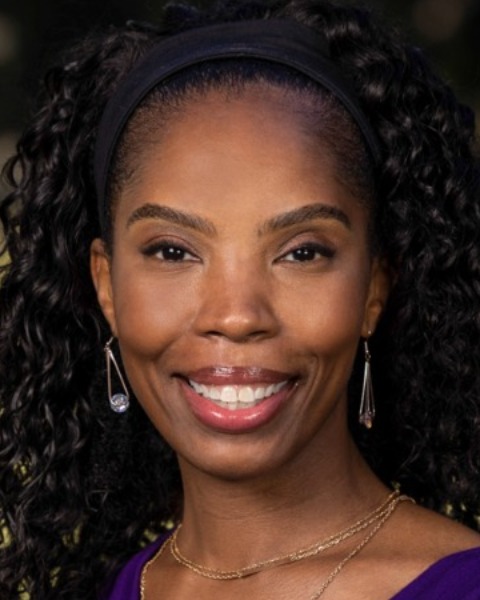Diversity, Equity, and Inclusion
Medical Education
So What Do We Do Now?: Moving from an Anti-Racism Curriculum to an Anti-Racist Way of Being
-

Allison Guerin, EdD, MEd (she/her/hers)
Senior Director of Education and Diversity, Equity, Inclusion & Justice
Pediatrics
Stanford University School of Medicine
Palo Alto, California, United States -

Courtney Gilliam, MD (she/her/hers)
Assistant Professor
Cincinnati Children's Hospital Medical Center
Cincinnati, Ohio, United States -

Samara Jinks-Chang, MD, MPH, MS
Adolescent Medicine Fellow
Johns Hopkins Children’s Center
Baltimore, Maryland, United States -

Emily Kemper, MD (she/her/hers)
Pediatric Critical Care Fellow
Johns Hopkins University
Baltimore, Maryland, United States -

Lahia Yemane, MD (she/her/hers)
Clinical Associate Professor, General Pediatrics; Associate Program Director, Pediatrics Residency; Asst Dean for Diversity in GME, Office of Diversity in Medical Education
Stanford University School of Medicine
Palo Alto, California, United States -
MG
Mollie Grow, MD MPH (she/her/hers)
Associate Professor of Pediatrics
University of Washington School of Medicine
Seattle, Washington, United States -

Baraka Floyd, MD, MSc (she/her/hers)
Clinical Associate Professor, Associate Chair of Diversity, Equity, Inclusion, and Justice, Department of Pediatrics
Pediatrics
Stanford University School of Medicine
Palo Alto, California, United States
Leader(s)
Co-Leader(s)
Workshop
Description: Structural racism and medical racism are barriers to optimal health outcomes, propelling the AMA and ACGME to call on physicians and medical systems to address root causes of health inequities through education, advocacy, and systems change. As educators, we are called to address racism and train residents and fellows to understand the roots of racism and how to respond to microaggressions and racist remarks. In addition, physicians receive little to no training and are unprepared to work with diverse patients and families and to advocate for systems-level changes needed to dismantle racism at the systemic and institutional level.
Using a conceptual framework developed from a systematic review of anti-racism interventions in healthcare settings, this session will lead participants through developing a multi-pronged anti-racist initiative to address changes needed at the individual, interpersonal, organizational, and policy level for long-lasting change. This framework situates the work of creating an anti-racist organization at all levels and presents opportunities for educators at all levels of the hierarchy to have a role in dismantling racism. As part of this workshop, we will present common educational approaches used to address change needed at each level, including the benefits and drawbacks of each approach. We will share examples of such initiatives at Stanford and Seattle Children’s to illustrate different models and the success of such initiatives to date. Participants will leave the session with a completed worksheet with tangible ideas for interventions that can be implemented at all levels of the organization to dismantle racism.
Learning Objectives:
- Describe the 6 evidence-based principles and strategies for developing anti-racism interventions in the healthcare setting.
- Critique the benefits and drawbacks of various anti-racism educational initiatives.
- Apply the evidence-based principles to develop one’s own multi-pronged anti-racism initiative.
